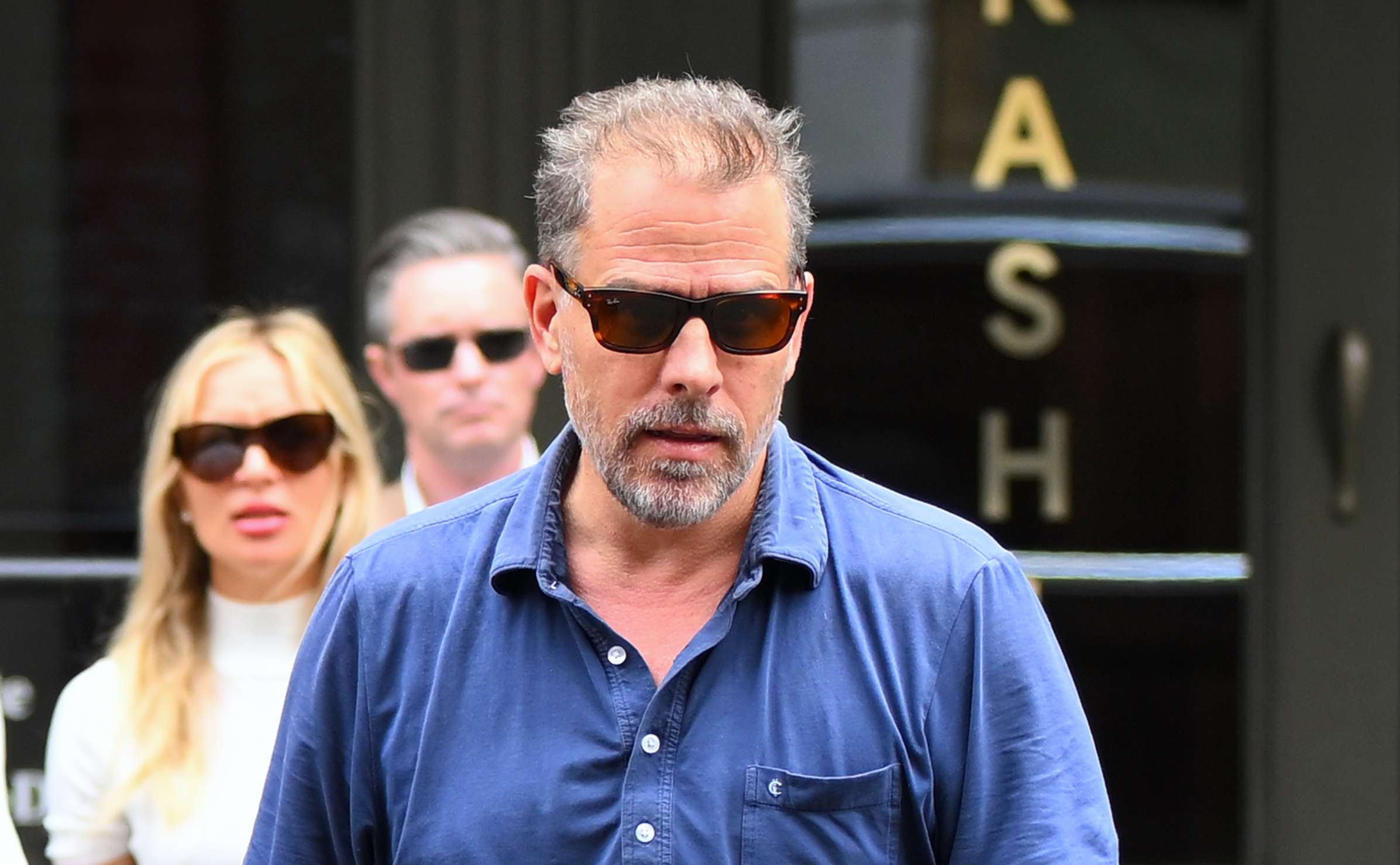A federal judge in Delaware recently ruled against Hunter Biden’s Second Amendment challenge to three gun charges he is facing for purchasing a revolver in 2018 while being a crack cocaine user. The judge’s decision upheld the constitutionality of 18 USC 922(g)(3), which prohibits firearm possession by unlawful users of controlled substances. This ruling sets the stage for potential appeals and challenges in higher courts, including a review by the U.S. Court of Appeals for the 3rd Circuit based on the standards set by the Supreme Court in the recent case of New York State Rifle & Pistol Association v. Bruen.
Despite the legal battle, the broader issue remains about the denial of Second Amendment rights to certain individuals, such as cannabis consumers, under federal law. While Biden’s case highlights the strict enforcement of these laws, statistics show that prosecution in such cases is relatively rare compared to the number of potential violators.
The charges against Biden stem from his response on a firearm purchase form, indicating his status as a drug user. These charges carry significant penalties, raising concerns about the length of potential sentences for non-violent offenses. Biden’s argument that Section 922(g)(3) does not align with historical firearm regulations was dismissed by the judge, citing similar decisions in other circuit courts.
While some courts have upheld the constitutionality of Section 922(g)(3) based on historical precedent regarding mental illness and firearm restrictions, others have questioned the comparison between drug users and mentally ill individuals. Biden’s case is just one example of the ongoing debate surrounding the enforcement of federal gun laws and the impact on individual rights.
When he is sober, he behaves like someone who drinks alcohol occasionally between bouts of drunkenness. Noreika points to court decisions that accepted the Justice Department’s comparison between Section 922(g)(3) and early laws that prohibited carrying or using firearms in public while intoxicated. However, the 5th Circuit and the 8th Circuit disagreed with this analogy.
Both courts noted that historical laws targeted the specific danger of handling guns while intoxicated, with limited restrictions that only applied in public to actively intoxicated individuals. These laws did not extend to private firearm possession or impose a blanket ban on gun ownership for drinkers.
The 5th Circuit pointed out that Congress could potentially ban gun possession for anyone who drinks multiple alcoholic beverages weekly based on postbellum intoxicated carry laws, but this analogy was deemed too far-reaching. The 8th Circuit also rejected the comparison, emphasizing that restrictions on gun possession for drug users did not exist until the passage of § 922(g)(3) in 1968.
The 8th Circuit instead compared drug users to individuals who are mentally ill and dangerous, as well as to historical laws prohibiting the use of firearms to instill fear. The court acknowledged that not all drug users pose a threat, but emphasized that historical limits on gun rights for certain groups justified restrictions on drug users.
Noreika highlights the 5th Circuit’s characterization of Daniels as an “as-applied” challenge, suggesting that this case does not support Biden’s argument. While acknowledging that most district courts did not support the government’s position, Noreika cites three cases where judges ruled Section 922(g)(3) charges unconstitutional.
These cases involved individuals charged with illegal gun possession due to drug use, with judges concluding that stripping individuals of their Second Amendment rights based solely on drug use was unconstitutional. These decisions rejected the government’s historical analogies and deemed Section 922(g)(3) unconstitutional under the Second Amendment.
Noreika explains that Biden cannot challenge the constitutionality of Section 922(g)(3) until after his conviction, as he has not tailored his arguments to his specific circumstances. Therefore, his request to challenge the law on constitutional grounds is denied without prejudice.
In summary, Noreika’s analysis suggests that historical restrictions on gun ownership based on drug use do not justify the blanket ban imposed by Section 922(g)(3) and that individuals must be convicted before challenging the law’s constitutionality. Regardless of the outcome of this specific case, the Biden administration’s unwavering defense of Section 922(g)(3), particularly concerning cannabis consumers, contradicts the president’s rejection of his long-held hardline anti-drug stance during his time as a senator. While President Biden now acknowledges that marijuana use should not be criminalized and criticizes the negative impact of marijuana possession convictions, his Justice Department maintains that marijuana consumers are too dangerous to be trusted with firearms. This contradictory stance results in individuals being deprived of their Second Amendment rights and potentially facing imprisonment for attempting to exercise those rights. The government’s argument is based on historical precedents that do not align with a law from 1968 that unjustly strips individuals of their right to bear arms without valid justification.
Source link






